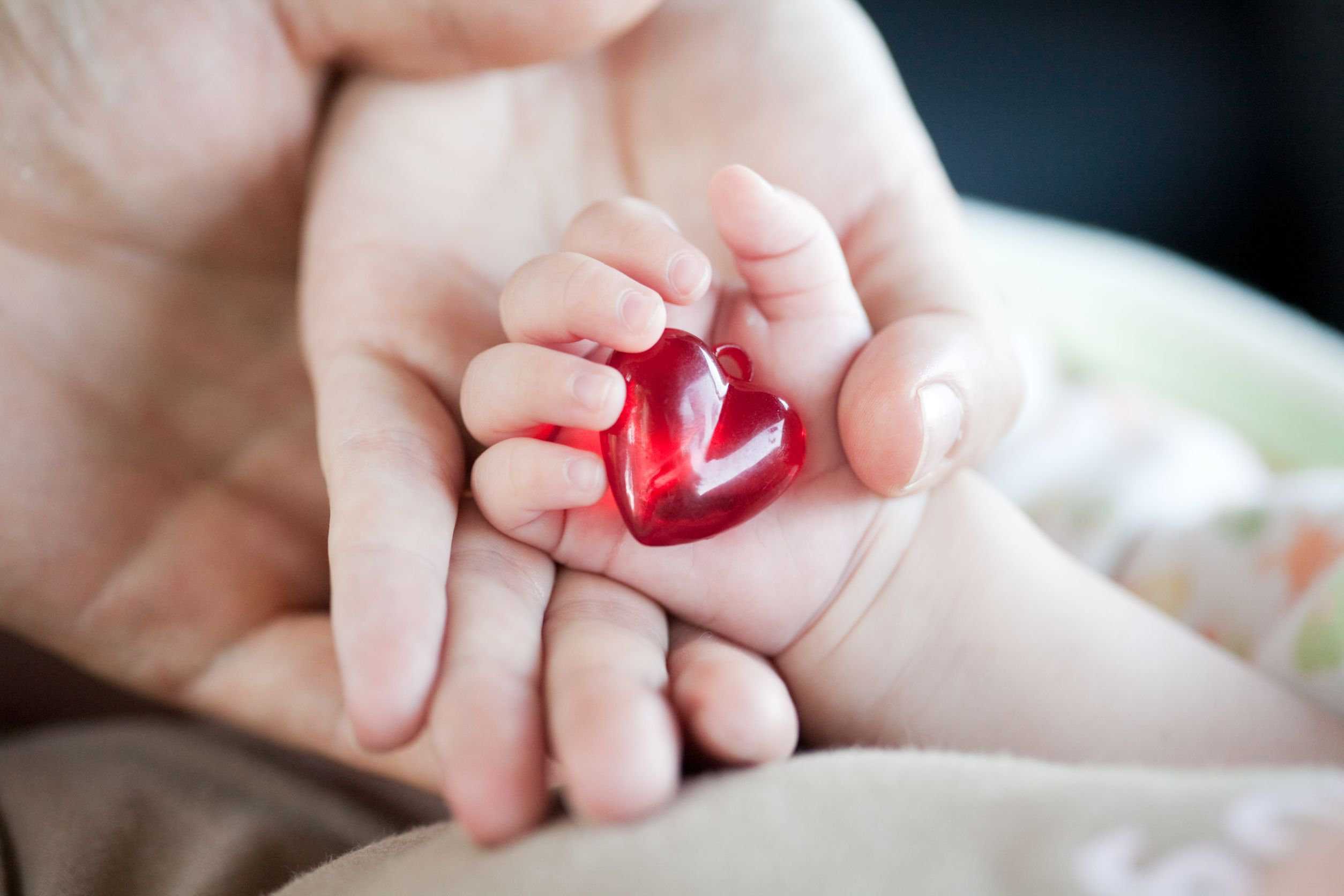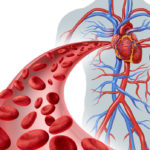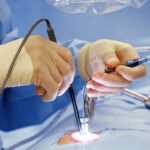
Congenital Heart Defects in Children – Types and Symptoms
If the child has a congenital heart defect, that means that he or she was with the problem in the structure of the heart. Some congenital heart defects in children are simple and do not need any kind of treatment. However, there are some defects in children that are very complex and may require several surgeries to be performed over the period of several years.
Types of Congenital Heart Defects
Stenosis: The valve of the heart becomes narrow or stiff and does not allow blood to pass easily.
Regurgitation: The valve is not tight enough to close and hence the blood leak backward.
Atresia: This is the condition when the valve isn’t formed right and has no opening to let blood pass through.
Ebstein’s anomaly: the defect is in the tricuspid valve.
Pulmonary valve stenosis: It is one of the most common defects in the new born. Babies generally with this defect will have strained right ventricle.
Tetralogy of Fallot: There is a hole in your heart its a combination of four defects like a large ventricular septal defect, thickened wall around right ventricle, the aorta is located above the hole and stiff pulmonary valve.
Patent ductus arteriosus: when there is a hole in baby’s aorta that does not close.
Truncus arteriosus: This happens when the baby is born with one major artery instead of two that carry blood to rest of the body.
I-transposition of the arteries: which means that the right and left chambers are reversed.
D-transposition of the great arteries: The two main arteries of the baby’s heart are reversed.
Single ventricle defects: Babies here are born with a small lower chamber of the heart, or with valve missing.
Symptoms of congenital heart defects in babies:
Congenital heart defects can have a large range of symptoms because the condition refers to several different types of heart defects. General signs of the congenital heart disease can include
- Excessive sweating
- Extreme tiredness and fatigue
- Poor feeding
- rapid heartbeat
- shortness of breath
- Poor weight gain
- Swelling in legs, abdomen or areas around the eyes
- chest pain
- a blue tinge of the skin
- clubbed fingernails
- Fainting during the exercise or activities
In more severe cases these problems mat develop shortly after the birth of the child. However, symptoms sometimes don’t develop until the teenage years or early adulthood.



